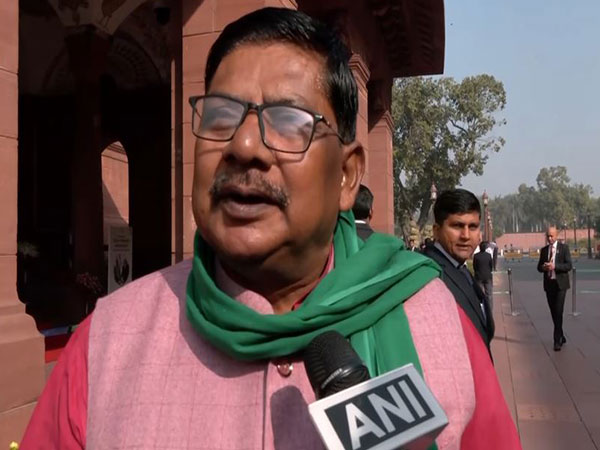Rising Unemployment and Inflation: CPI(ML) MP Critiques Union Budget
CPI(ML) MP Sudama Prasad critiques the Union Budget, highlighting rising unemployment and inflation concerns. Despite announcements beneficial for Bihar, such as new infrastructure projects and tax relief, Prasad urges more focused measures on grassroots-level economic challenges. The budget session continues, touching on India's fiscal policies and development goals.

- Country:
- India
CPI(ML) MP Sudama Prasad strongly reacted to the Union Budget, expressing concerns over increasing unemployment and inflation. He remarked that while the budget promises support for the middle class, the reality on the ground diverges significantly, particularly spotlighting the struggles faced by job-seeking youth. He emphasized that historically rising unemployment and inflation are manifesting on a large scale, urging for more effective budgetary resolutions to these issues.
On February 1, Finance Minister Nirmala Sitharaman unveiled significant allocations for Bihar, notably a Makhana Board, new greenfield airports, and an expansion of Patna Airport. Additionally, the establishment of the National Institute of Food Technology, Entrepreneurship, and Management aims to boost Eastern India's food processing sector. The Western Kosi Canal ERM project in Bihar is set to receive financial backing to benefit extensive agricultural activities in the region.
Furthermore, during her Union Budget 2025 speech, Minister Sitharaman announced no income tax on earnings up to Rs 12 lakh, favoring middle-class taxpayers. The budget was portrayed as part of ongoing efforts to stimulate growth, inclusive development, and private sector investment, thereby elevating household sentiments and the spending power of India's expanding middle class. As the budget session continues, set to conclude on April 4, it encompasses fiscal policies, taxation reforms, and crucial national directives.
(With inputs from agencies.)










